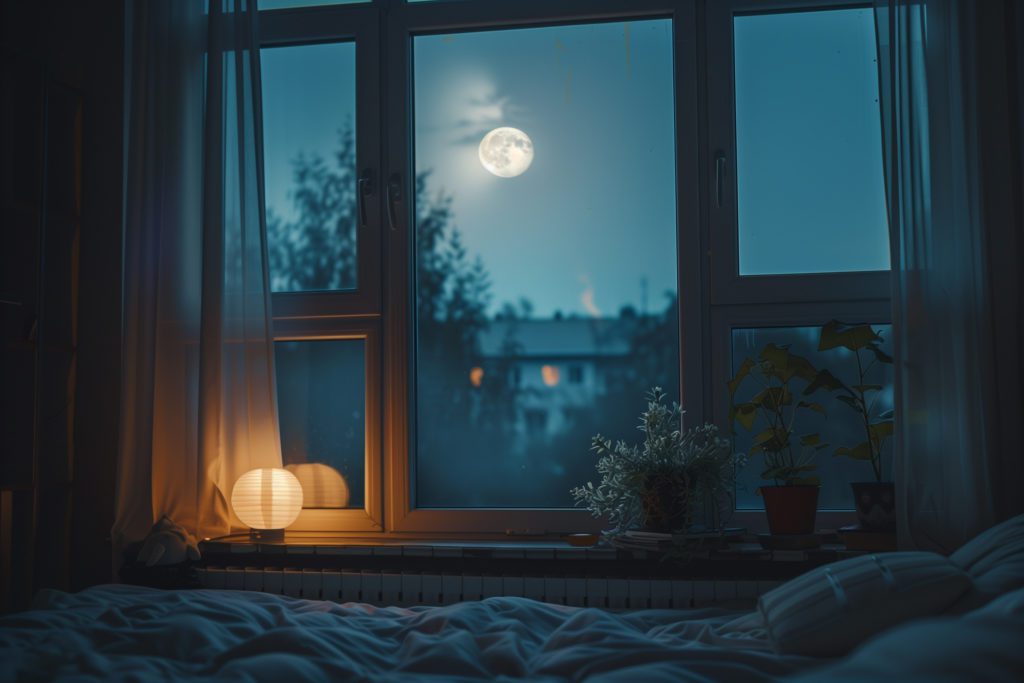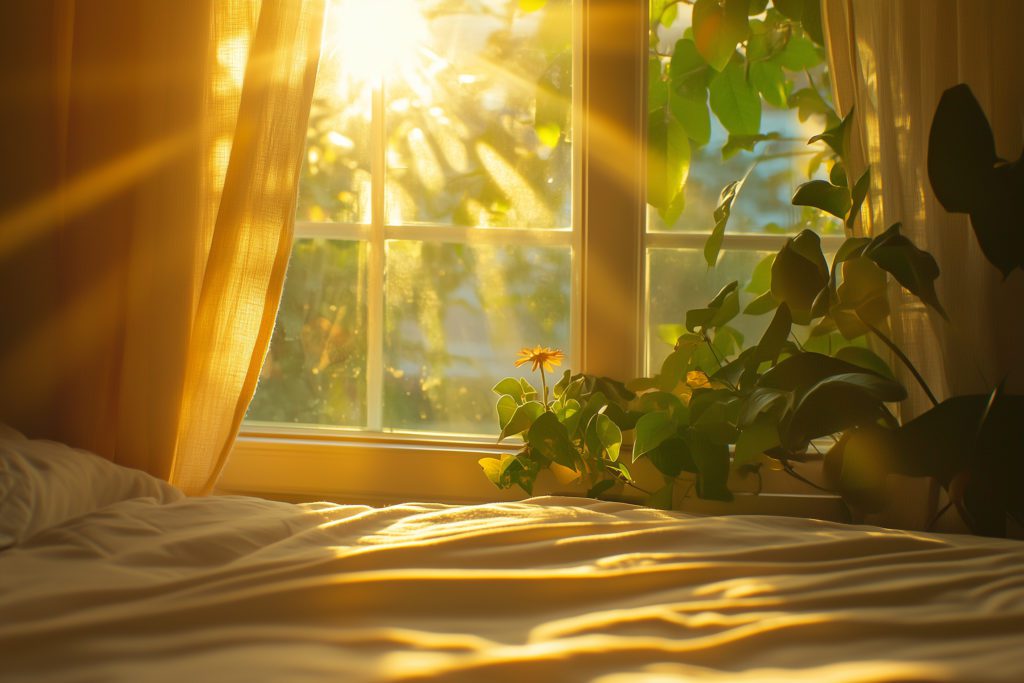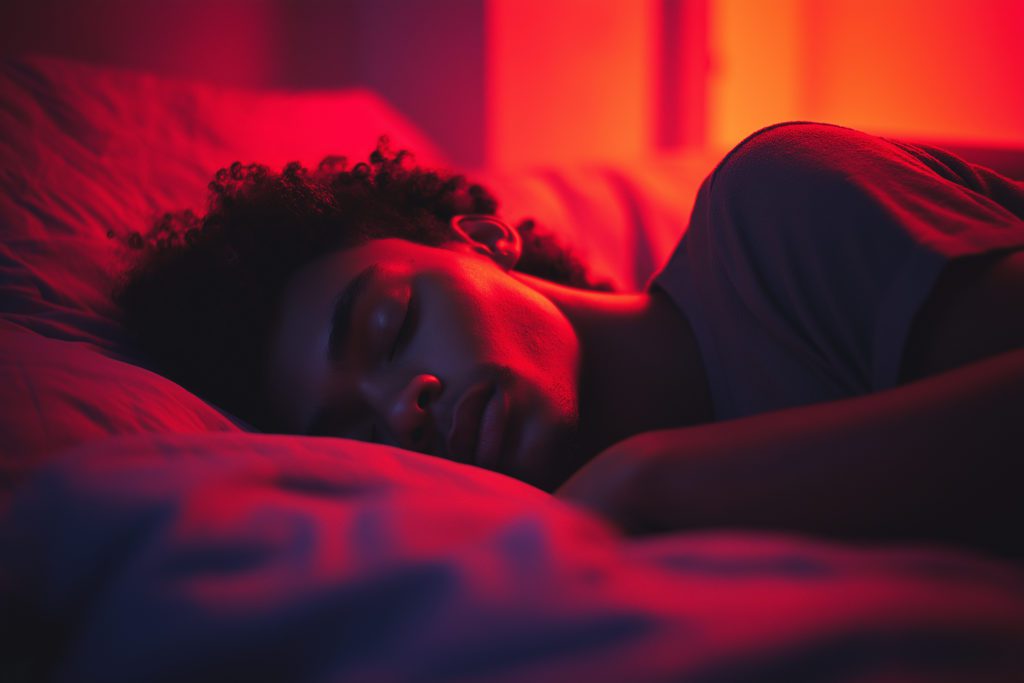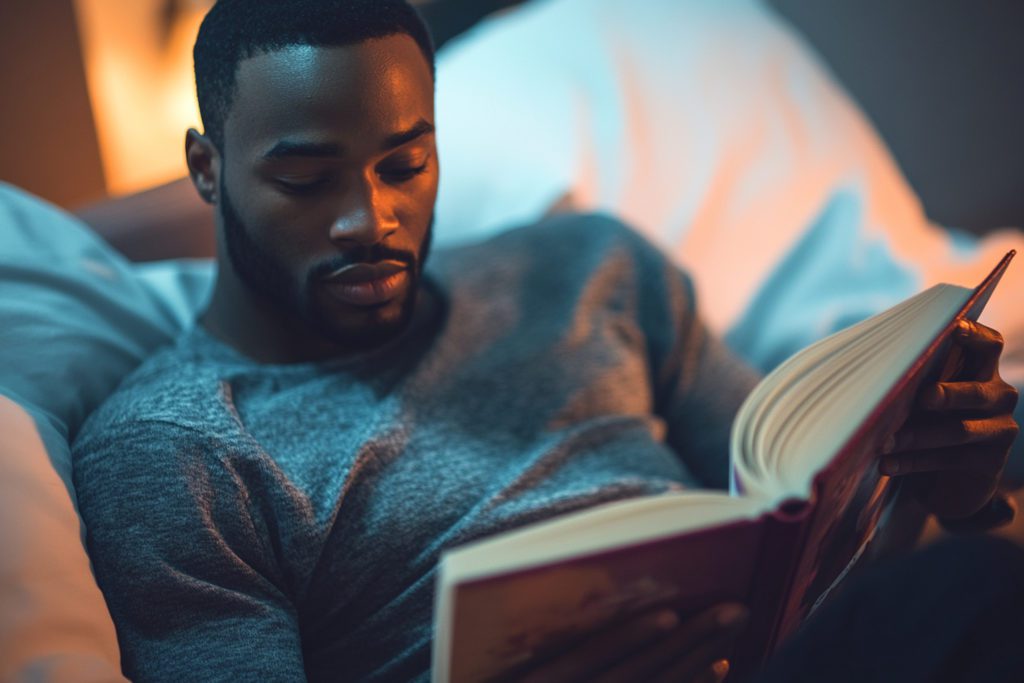
Light Sensitivity and Sleep Disorders
Get answers about light sensitivity and sleep disorders if you are trying to figure out the cause of your insomnia.
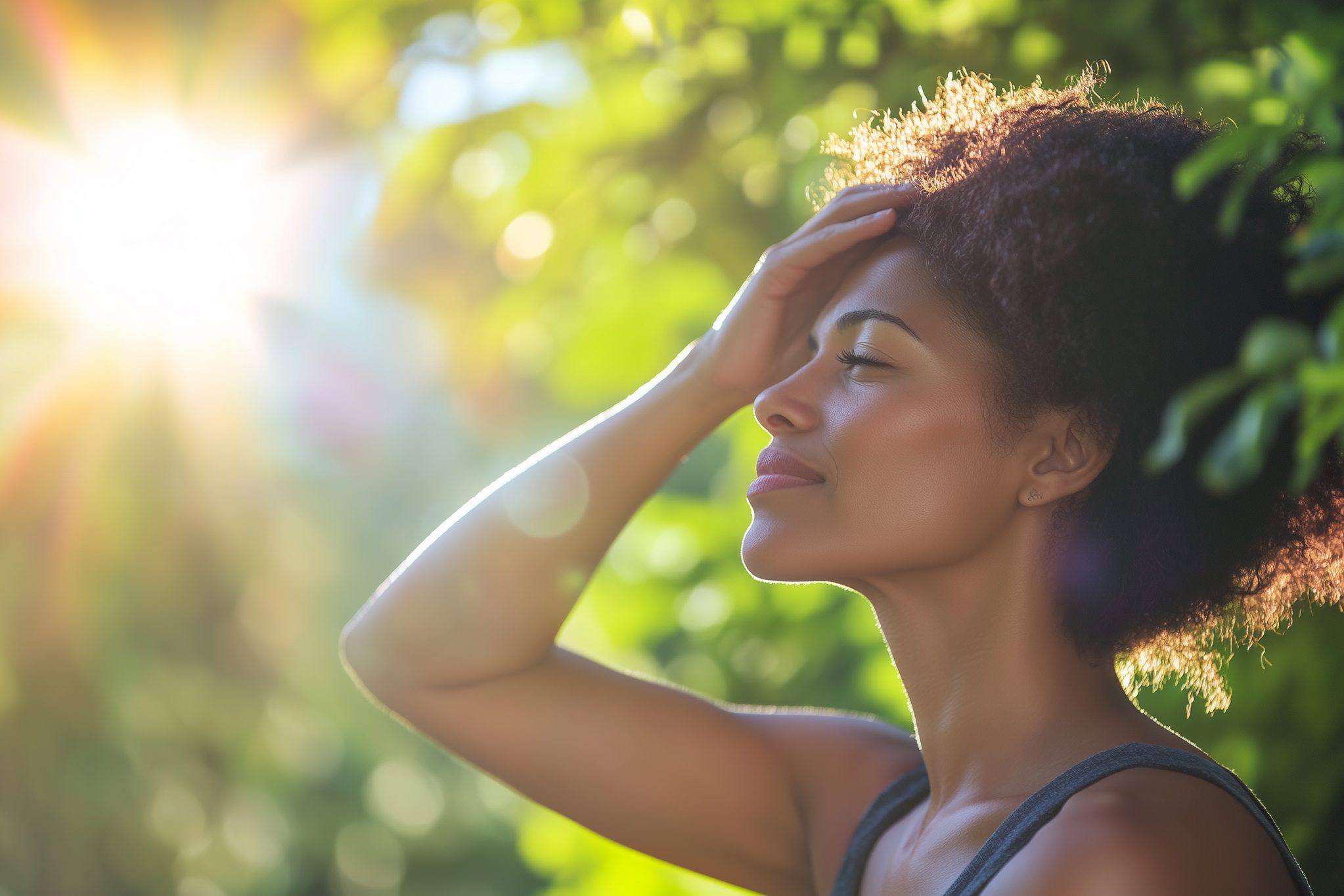
You may be about to have a "lightbulb moment" when it comes to your poor-quality sleep. Is there a link between light sensitivity and sleep disorders? Some research points to the idea that the way your body reacts to light could affect sleep and circadian rhythms. Take a look at why darkness could be the answer if you suspect that you're struggling with a sleep disorder.
How Common Are Sleep Disorders?
Around 30% of adults age 18 and over have insomnia symptoms. For 10%, insomnia is severe enough to impact daily activities. For 13.5% of American adults, feeling tired or exhausted most days is the norm. What counts as insomnia? You don't necessarily need to be up consistently all night to suffer from this sleep disorder. Insomnia symptoms can include:
- Trouble falling asleep on most nights.
- Waking up several times during sleep.
- Feeling tired or falling asleep during the day.
- Not feeling refreshed when you wake up.
What could be keeping so many adults up at night with poor sleep? If you can't stop yawning, finding the answer may be as simple as looking around your bedroom. Have you been sleeping with a nightlight, screen, or invasive street lights instead of achieving a dark bedroom? Here's why it's risky.
Are Some People More Sensitive to Light Than Others?
Yes, it's believed that some people suffer from light sensitivity. This condition is sometimes called photophobia. Signs of light sensitivity include:
- Frequent blinking or squinting.
- A habit of putting your hands up to shield your eyes from light.
- Preferring dim light to bright light.
- Avoiding sunny days due to discomfort.
- Pain when seeing direct or bright light.
Artificial Light Is Disruptive
While light sensitivity can potentially make you more vulnerable to sleep disorders, it's important to say that artificial light is harming everyone. We are living in the first time in history when people have access to light on demand. While the idea of electricity seems natural to us, the reality is that indoor lighting and street lights have only been around for a very small slice of human history. Since the dawn of time, humans have been at the mercy of dawn and twilight for lighting. The introduction of "screens" means that we are often staring at our mobile devices for hours after sunset. In fact, the majority of people admit to sleeping with their phones.
A 2022 study found that sleeping with even a small amount of light in the room can harm the heart and increase blood insulin levels. Exposure to light while sleeping has also been linked with impaired glucose metabolism that's linked with reduced insulin resistance in the morning. Ultimately, we can wake up in pretty bad shape after sleeping with artificial light without even knowing it. For people with light sensitivity, it's possible that the subtle effects experienced by most people are compounded.
Could Artificial Light and Light Sensitivity Be Behind Some of Your Sleep Problems?
Researchers believe that people do not respond the same way to the same light exposure. If you've ever wondered why you're the one tossing and turning while a roommate or partner sleeps peacefully, this realization could help you to make sense of your body's relationship to ambient light in your room. It's believed that personal light sensitivity could be what's triggering light-induced melatonin suppression and phase shifts of circadian melatonin rhythms that are keeping you up when you actually want to be sleeping.
Some of what we know about the relationship between light exposure and sleep quality comes from research done on migraine sufferers. It's a well-established fact that patients with migraine often have poor sleep quality both between and during migraine attacks. The deep aversion and intolerance for light is believed to stem from photophobia.
When researchers studied the effects of light exposure on patients with migraine with photophobia, they found that sleep quality was worse compared to those without generalized photophobia. Photophobia was also linked with significant associations with sleep quality, insomnia, and sleep onset latency. Researchers believe that it all ties into the influence of light on circadian activity rhythms mediated by the intrinsically photosensitive retinal ganglion cells (ipRGCs) in the retina. Could this mean that sleep problems could be caused by undiagnosed light sensitivity? It's quite possible.
The Harm of Sleeping With the Lights On
Exposure to artificial light at night has been shown to alter sleep behavior. Even light that beams in from the outside could be harming your sleep quality. A 2016 study found that living in an area with outdoor nighttime lights is associated with delayed bedtime and waking time. It also boosted rates of daytime sleepiness. Additionally, living in an area with greater outdoor nighttime lights increased dissatisfaction with sleep quantity and quality.
Of course, the harm can also be coming from inside the house. While we touched on artificial light's impact on circadian rhythm a little further up, this could be the heart of the matter for many people suffering from unexplained sleep disorders. Melatonin is the main hormone involved in the control of the sleep-wake cycle. Melatonin deficit is at least partly responsible for sleep disorders. While some people turn to melatonin supplements to address the issue, they may be overlooking a much more obvious option.
According to researchers, the neuro-hormone melatonin is produced and secreted by the pineal gland when it’s dark, which is why it’s colloquially known as the “hormone of darkness.” This hormone is considered a “Jack of all trades”. That’s because it’s involved in many of our body functions." Melatonin production in the pineal gland is sensitive to light. Even exposure to low levels of light intensity and short durations of light will suppress production.
Sleep Tips to Reduce Light Exposure
It might be time to see the difference true darkness can make for sleep health. If you currently sleep with a nightlight or bedside lamp, it's time to turn it off. Next, do away with a habit of falling asleep with the television on. Even light streaming in from a hallway or adjacent room could be enough to throw off your melatonin production. Of course, light sources aren't always under our control. If you live on a well-lit street, it might be time to invest in blackout curtains or thick shades. A sleeping mask can also help to block out any residual light that still creeps in.
Only a doctor can diagnose you with a sleep disorder. However, the truth is that most of us know when our sleep just isn't where it should be. Pillow offers custom sleeping tracking that helps you compare before-and-after results after you adjust light levels in your bedroom.

Written by
Emily Mendez
Emily Mendez is a former therapist and mental health author. She is one of the leading voices in mental health. Emily's writing has appeared in eCounseling, SonderMind, and more. Emily is frequently interviewed by Healthline, Fatherly, INSIDER, Family Circle, and other national media for her advice and expert opinion on the latest mental health topics.
Download Pillow
Get help
Press & News
Legal
Connect
X (Twitter)
Company
Copyright © Neybox Digital Ltd.
